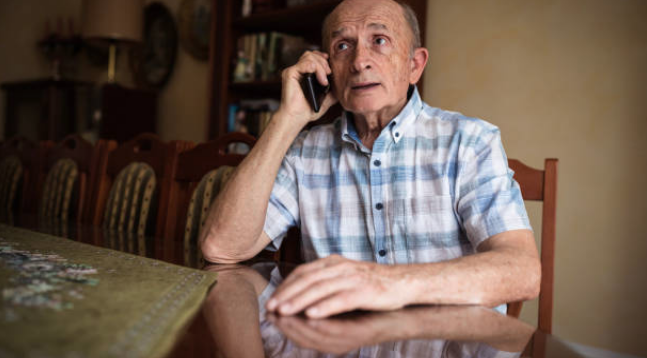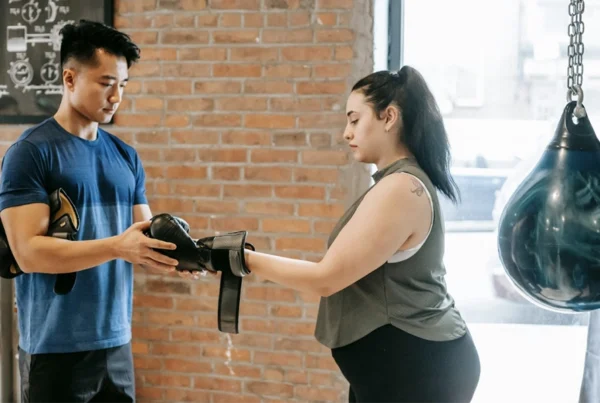With tomorrow being World Mental Health Day, we thought you would like to know about a new app, that can help you to understand whether your parents are really “fine” or whether they are depressed.
Diagnosing depression in primary care is notoriously difficult, even for professionals, as research in the Lancet indicated in 2009. A study of more than 50,000 patients reported by Dr Alex Mitchell, from Leicestershire Partnership Trust, found that there were more false positive diagnoses of depression than either missed or identified cases.
A US study published in September 2012 (Vocal-Source Biomarkers for Depression: A Link to Psychomotor Activity, by Thomas F. Quatieri and Nicolas Malyska) stated that accurate diagnosis of major depressive disorder took intensive training and “an automatic means to monitor depression severity would be a beneficial tool for patients, clinicians, and healthcare providers”.
How does the app work?
Sensetel analyses markers in speech patterns that we all exhibit to produce an objective measure of a loved one’s well-being that adjusts and changes, as they do. Based on detailed scientific research into the indicators of depression and anxiety, it builds a picture of well-being over a number of phone conversations that identifies trends of improvement or deterioration. Just like a fingerprint, these voice markers cannot be masked and they function no matter what is said or in what language.
Artificial intelligence and machine learning
The app is fully functional on Android devices, and will later be available on iphones. It uses artificial intelligence and machine learning to analyse data from hundreds of voice samples from the NHS PHQ9 depression and GAD7 generalised anxiety disorder tests. Even if the speaker is consciously or subconsciously trying to project a happy disposition, Sensetel picks up any underlying depression or anxiety.
It’s undoubtedly a clever bit of kit, but is it intrusive?
For Quinton Richards, the founder of Sensetel, the app bolsters loving relationships and takes the stress out of caring.
“There is no question of someone downloading this onto their mother’s phone without consent or snooping on her in a sinister way. Both users of the phones involved give their consent and either can withdraw it any time if they do not wish to continue.”
But, he says, this gives families a safety net that may well reinforce independent living when visiting is hard to manage. Sensetel lets you walk the fine line between being over-protective and giving your loved one the space, confidence and dignity to maintain their independence.
Even if you can see your relations often, Sensetel has its value. “There are times,” says Richards, “when you see someone so frequently that you do not notice the subtle signs that indicate a deteriorating state of health. You almost develop a blind spot.”
And it is not only ageing relatives who may need that safety net; you may be equally concerned about teenage children leaving home for the first time, perhaps going to university, surrounded by strangers and desperate to stand on their own two feet. You can confidently give them the space they need, knowing that Sensetel will highlight any signs of anxiety or depression.
For more details, visit www.sensetel.co.uk







